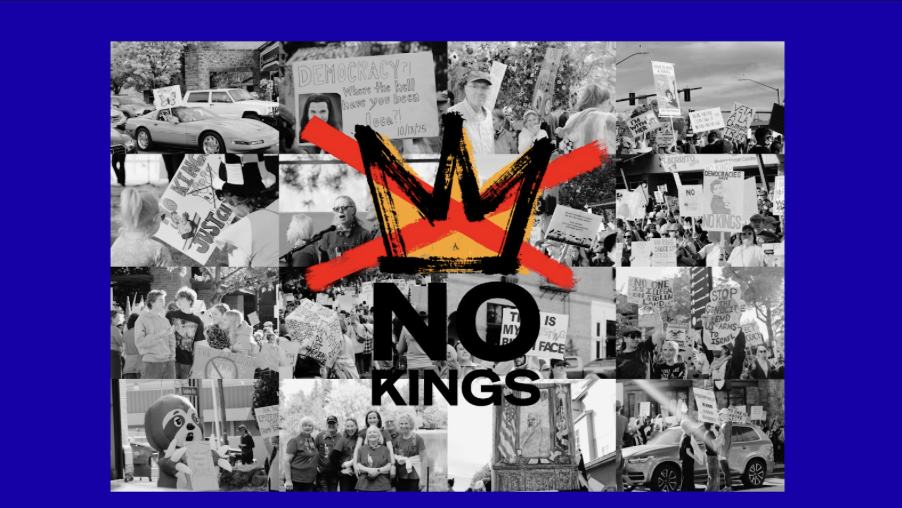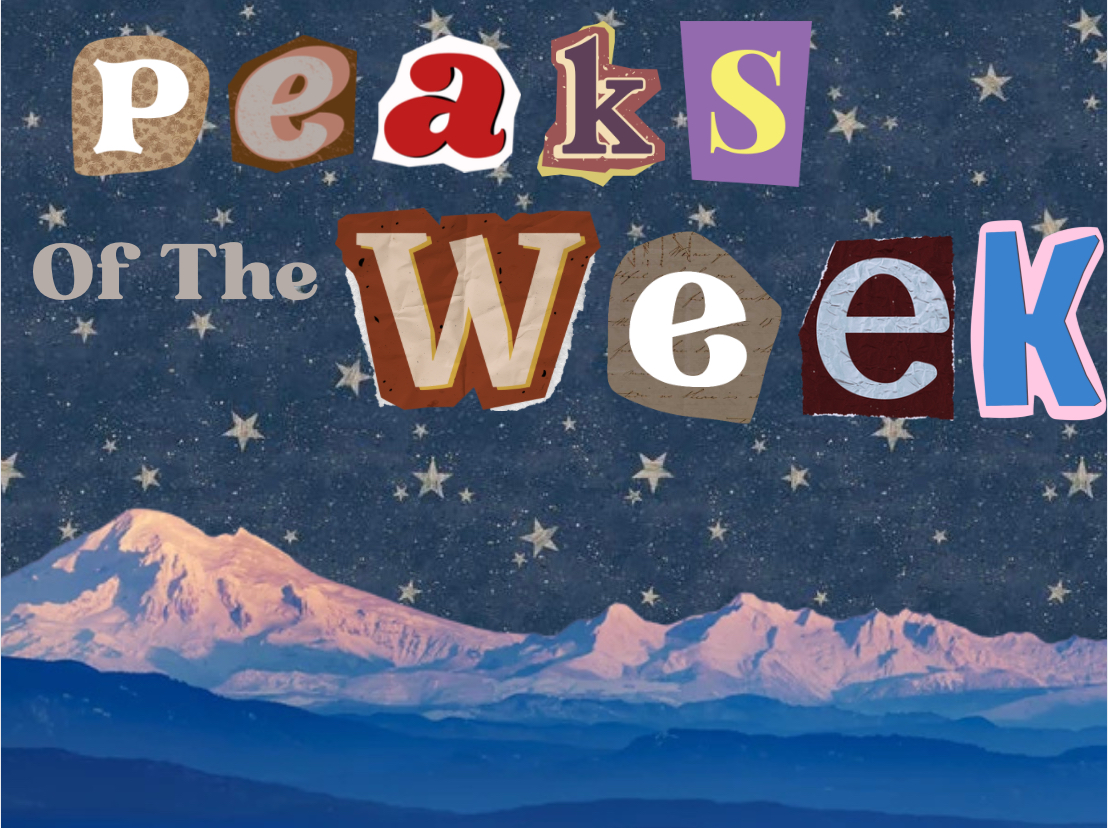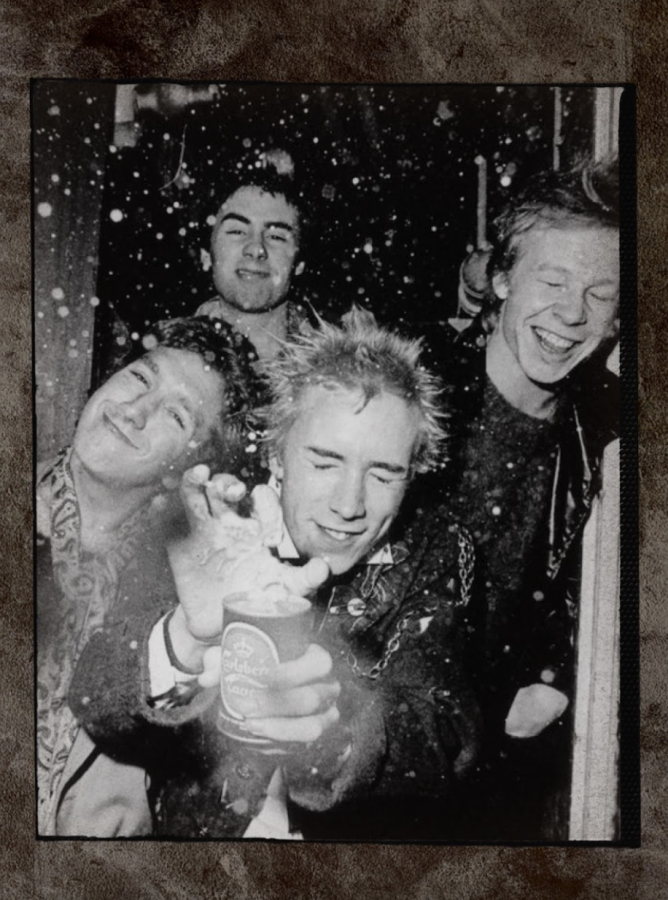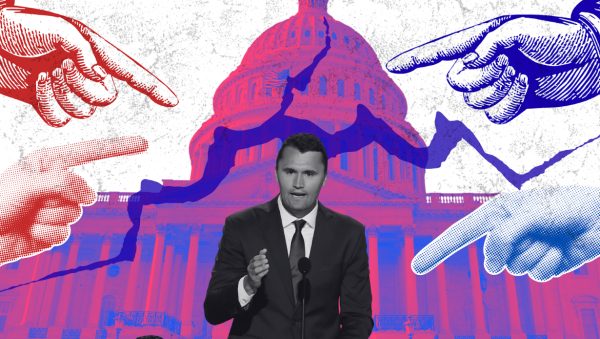The Chokehold Storyline: Drugs and Rock n’ Roll
Women, drugs and music—it seems like every movie or TV show revolving around rock n’ roll involves one of these addictions. Whatever the addiction, there’s always one f-ed-up member.
For example, take the newly released prime series, “Daisy Jones and the Six’’ (DJS), which I highly recommend despite DJS just being another tale as old as time surrounding addiction in the rock n’ roll industry. Starting small in Pennsylvania, a band of four boys (Billy, Graham, Warren, and Eddy) gains recognition amongst their community. Through their growing popularity, they eventually gain a kickass girl pianist (Karen) and they are off to Los Angeles to see what they can make of themselves. Eventually, Daisy Jones, who becomes the lead singer, is introduced with her wit and drop-dead looks. Over the next few years, the band battled alcohol with Billy, drugs with Daisy and an affair between Daisy and Billy. Not to be a spoiler, but the root of the rise and downfall of this band was due to the use of drugs and alcohol.
But that’s a fictional band, so it’s not true for everyone, right?
While it may not be true for everyone, it’s not hard to find a spectrum of addiction in the world of rock n’ roll. Take Sid Vicious of Sex Pistols, overdosed on heroin, or the Red Hot Chili Peppers, once again losing two guitarists to heroin. And this list goes on from Kurt Cobain to Mötley Crüe, all the way to The Beach Boys. All different bands, different music made, but all following the same white powdered road. And that’s just a few; that doesn’t even touch on the scandals.
There is obviously a bit of stereotyping that is unconsciously applied to rock bands, while it may vary slightly in its little parts, it seems that most people see the same recurring themes.
Summit High School Junior Peyton Green commented, “[Rock bands have] a very intense lifestyle and [are] always on the go.”
It doesn’t matter how gross and uncontrollable their lives are, we consume it regardless and deem it as tolerable because “that’s just what rock n’ roll is.” There doesn’t seem to be a plot that stands any better and is any more watchable than the plot of an addict.
”There is a lot that comes to mind [when I think of rock bands], but I think of a very messy, connected group of people,” said Monet Hutchinson, a junior a Summit High School.
This may be the opinion of some students, but often times they only know what they listen to and what’s portrayed in the media, the media doesn’t always depict the complete persona of these bands, at least not compared to the people who lived in it. Though, from the people who have lived in it, the students aren’t that far off.
An anonymous Summit teacher recalled experiencing these bands at their peak and had some little, more specific descriptions, “Big hair, smashing windows, sex, drugs, breaking into bars.”
It didn’t matter where you were living or if you ever had the opportunity to see them in concert, you knew these bands, and you knew them well.
Other adults seem to have a similar recollection, “Zero rules, they were doing whatever they wanted with whoever they wanted. They had Makeup and long, bleached hair, tight clothes, but it didn’t matter what they did, the crowds were just out of their minds for them.”
These still are such common main ideas when mentioning these bands and this genre of music, even though most of these bands don’t even exist anymore. The continued assumption of drugs and alcohol as a big part of the rock n’ roll industry is due to tv shows and movies keeping that stigma alive.
Summit sophomore Ruby Budz said, “I guess I think of drugs and a lot of movement and attitude.”
Like in DJS, made this year, most of the actors were babies when these bands were relevant, but for some reason, there is no other option for portraying a band other than a ticking time bomb. There’s no rubric, there doesn’t have to be an addiction, and the band doesn’t need a crazy backstory, yet there is no shortage of almost famous bands lost to addiction. They feel they need to keep their personality in order to stay relevant, so they produce movies and shows that involve addictions.
The plague of drug use in the rock n’ roll community has become this norm, that in order to have a good album or good lyrics, is necessary and the movie industry has nothing against exploiting it. However, instead of dissuading it we’ve built up this fictional world—this Rockstar lifestyle, kids want it, teens want it, adults want it, and seniors wish they had it. It feels like the meaning has been exaggerated over the years, the role is taken too seriously, and now there isn’t a band that would receive a negative drug test.



































